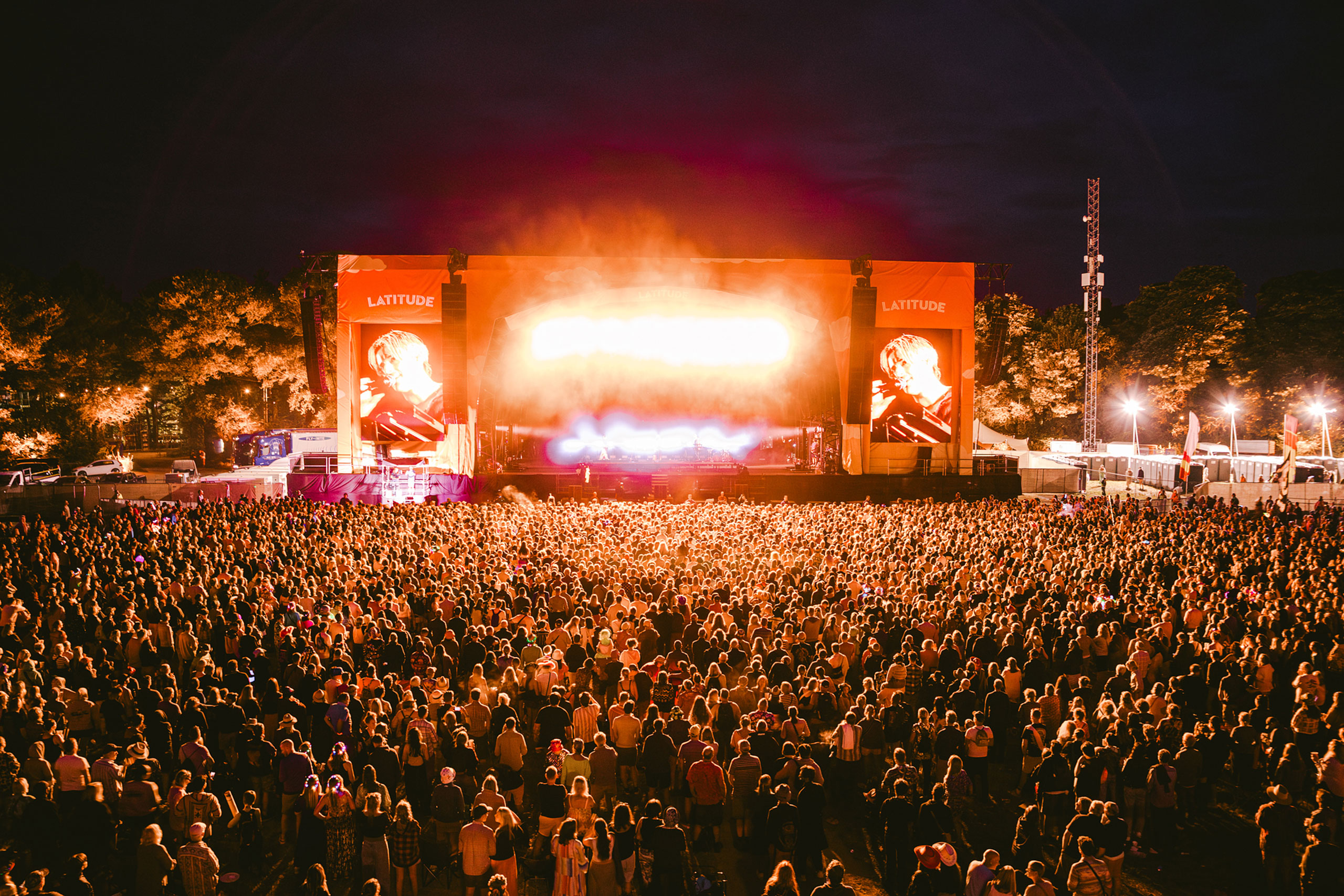British festival fields — those hallowed grounds of teenage rebellion and mud-caked memories — have pulled off their most audacious transformation yet. The once-sacred domain of youth counterculture now pulses with an entirely different energy as three generations of music lovers carve out fresh traditions between the main stage and the mac and cheese stand.
This isn’t your older sibling’s festival experience. Those legendary spaces where countless teenagers once discovered their independence have evolved into something far more intriguing: living laboratories where family narratives get rewritten between sets, and cross-generational cultural exchange happens as naturally as singing along to the wrong lyrics.
The revolution comes equipped with its own digital toolkit. Festival apps — those pocket-sized command centres — now toggle seamlessly between parent mode and teenage adventure map. Smart wristbands keep family units connected without suffocating anyone’s festival freedom, while cashless systems let the younger crowd flex their independence minus the traditional wallet-related panic attacks.
Behind the neon-lit curtain, festival economics have undergone their quiet metamorphosis. Digital platforms deploy clever algorithms that make group tickets feel less like highway robbery while helping families navigate the delicate dance between teenage FOMO and toddler nap schedules – a balancing act worthy of the most skilled circus performer.
Hellotickets is the best way to book tours and activities worldwide. Providing access to hundreds of thousands of tickets with the lowest prices, we specialise in managing any kind of problem that you could find in your holidays, implemented in more than 15 countries (Europe and America). Buy tickets for concerts and festivals here.
Even the fundamental architecture of festivals has evolved, with sound-dampening technology in family camping areas performing minor acoustic miracles. Premium family pods offer sanctuary without isolation — close enough to feel the bass rumble through your sleeping bag, far enough to change a nappy without requiring a headlamp and an expedition team.
The digital infrastructure stretches beyond the summer months, fostering year-round communities through virtual workshops and music discovery features. These platforms function as digital campfires where festival families gather between seasons, sharing tales and maintaining connections first forged in fields where phone signals fear to tread.
What’s emerged isn’t just a more accessible festival landscape — it’s a more sophisticated one. As millennials stubbornly retain their wristband collections, these evolved spaces craft a fresh template for shared experience, demonstrating that festival spirit has nothing to do with birth certificates and everything to do with collective joy.
The push toward inclusion for all ages hasn’t watered down the essential festival magic, it’s added new layers of complexity to the mix. Where some predicted the death of festival edge, they’ve discovered instead a more nuanced celebration. This isn’t about sanitising the festival experience; it’s about enriching it.
Something remarkable takes shape between the main stage and the kids’ workshop tent: a festival culture that refuses to choose between rebellion and responsibility. Toddlers in noise-cancelling headphones bounce to indie rock while teenagers and grandparents perfect their choreographed dance moves — a sight that would have seemed impossible in festivals past but now feels like the most natural evolution.
The modern festival field has become a place where musical education flows in all directions: teenagers introduce their parents to breakthrough acts, while parents share their vintage band shirts and stories of festivals past. It’s a cultural exchange program disguised as a weekend away, where every generation brings something vital to the mix.
Watching silver-haired ravers synchronise steps with their millennial offspring and wide-eyed grandkids crystallises a profound shift in festival culture. These gathering spaces have evolved beyond their origins as youth-driven escapes into something far more expansive and inclusive — laboratories of intergenerational connection where the only prerequisite is an open heart and willing feet.
These reimagined festivals – from Reading & Leeds to Latitude – tap into something fundamental about music’s role in human connection; its ability to transcend the superficial markers we use to separate ourselves from each other. A seven-year-old discovering the joy of dancing alongside their forty-something parent who’s rekindling their own festival memories creates the kind of multi-layered magic that feels both radical and deeply natural.
The result is a richer tapestry of festival experiences where different life stages collide and combine in unexpected ways. Picture a teenager teaching their grandparent the latest dance craze or a parent introducing their child to the songs that soundtracked their own coming of age – these moments of cross-generational exchange have become as integral to the modern festival experience as the music itself.
As night falls and the lights begin to pulse, the sight of multiple generations moving as one feels less like a curiosity and more like a glimpse of the future – or perhaps a return to something more primal, when music served as the thread connecting every member of the community, regardless of age. These aren’t just festivals anymore; they’re incubators for a new kind of cultural communion where the variables of age and experience multiply rather than divide the possibilities for joy.
This article is a guest contribution. Views expressed are the author’s own.

Leave a Reply